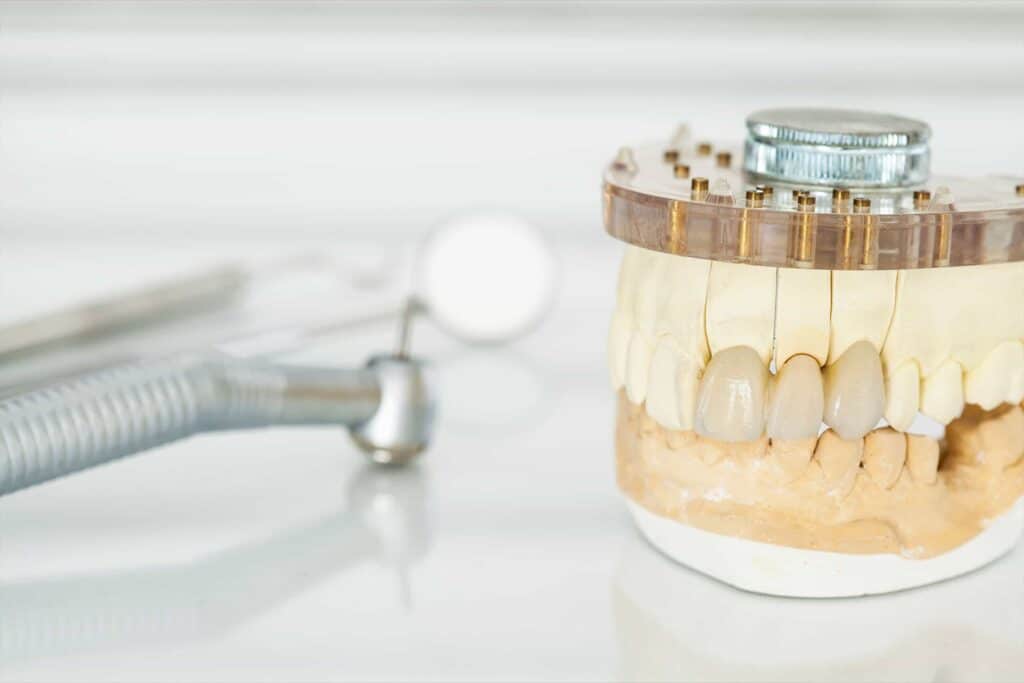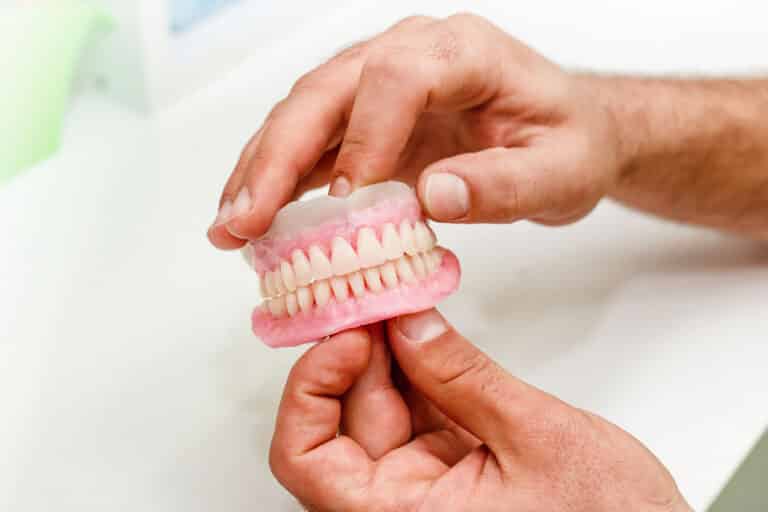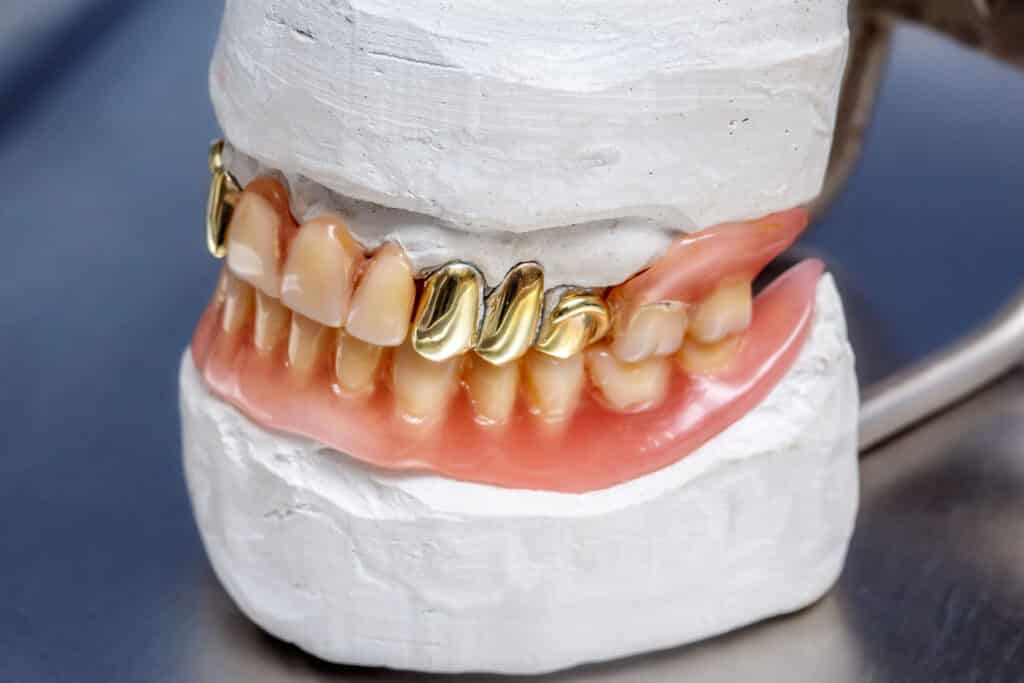Why Did That Other Dentist Recommend (XYZ) Treatment?
“If you gather 10 dentists about a tooth, you’ll get 10 different answers for what to do”. While this is a facetious statement, there is truth behind the statement. This is to say that there is a general consensus about the treatment of teeth. For instance most dentists will say that if the structural integrity of a tooth is compromised, it will need a crown. However, at what point does the tooth need a crown? For some dentists it may mean a filling encompasses 55% of the biting surface while others will wait until it breaks. The best piece of advice is to find a dentist that you feel comfortable with and one whose advice you trust.
Do I Really Need to Remove my Wisdom Teeth?
The absolute need to remove wisdom teeth is whenever there is pathology associated with the wisdom teeth. If a wisdom tooth is causing external resorption of the adjacent tooth or has a large cyst surrounding the tooth, then it needs to be removed. However if the wisdom tooth isn’t causing any problems, it doesn’t absolutely need to be removed. Keep in mind that should the wisdom teeth remain in the jaws, they will always have the potential to cause problems. It then comes down to
Why do I Need a Deep Cleaning?
Deep cleanings, also known as scaling and root planing, is a different type of cleaning that typically requires the patient to get numbed. If a deep cleaning is required, then there is active periodontal disease and destruction of bone. It is needed to go significantly subgingival, to remove calculus and bacterial buildup. A regular cleaning cannot do this because regular cleaning is only on the surface or just slightly under the gums. In the same way applying a new coat of paint on a house with foundational rot is inappropriate and inadequate, a regular cleaning is inadequate to get rid of periodontal disease.
How Long Will the Numbing Last and When Can I Eat?
Although everyone is different, a good rule of thumb is 2-4 hours. However is it not unheard of for some patients to be numb for as long as 8 hours or as short as 30 minutes after treatment. Factors that change this are:
- What type of anesthetic was given.
- What type of injection given. Generally nerve blocks last longer than local infiltration.
- If the patient has red hair. Someone with naturally red hair typically needs more anesthetic than the average person.
You will want to wait until the anesthesia has worn off before eating. This will prevent biting of any of the soft tissue. This is especially true of children, who can end up chewing the lips due to the lack of sensation. It is also a good idea to not immediately eat on the teeth that were treated.





